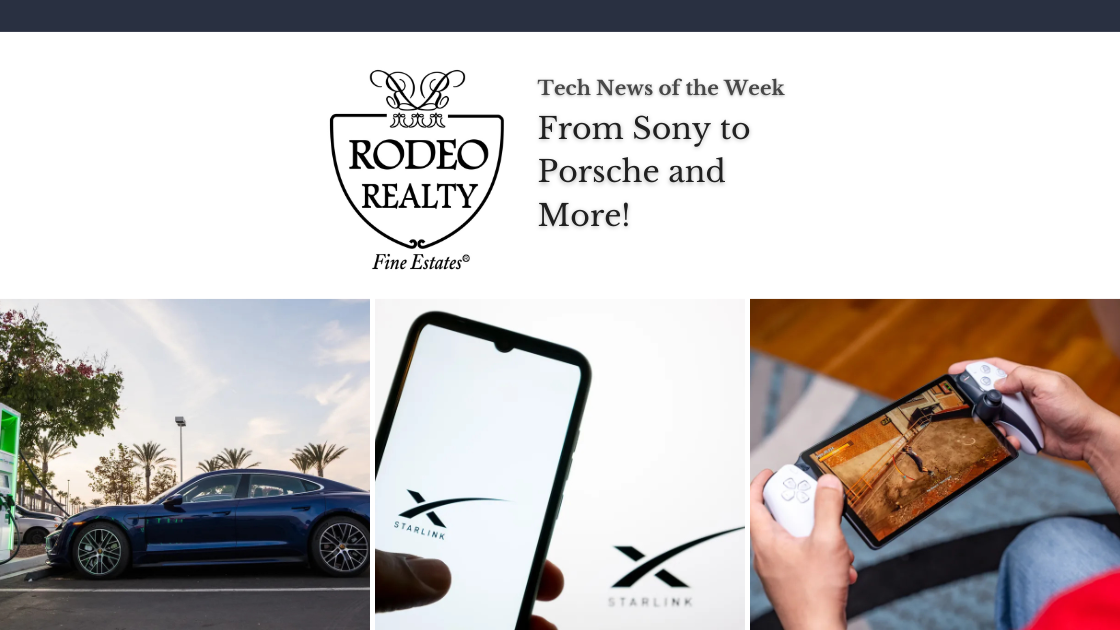Check out the latest tech news from across the World Wide Web. We have you covered with what’s happening from Porsche to Sony and more! Read on for a round-up of tech and media headlines you need to know.
New Startup Aims to Build Operating System for AI Agents

A new startup, /dev/agents, founded by former Android leaders, is developing an operating system tailored for AI agents. The company, led by Hugo Barra (former Google VP of Android) and David Singleton (ex-Google VP of Android engineering), aims to simplify the creation of autonomous digital assistants that can perform tasks and make decisions with minimal human input. The team, which also includes experienced tech figures like Ficus Kirkpatrick and Nicholas Jitkoff, is focusing on creating a cloud-based platform with new user interfaces, privacy models, and developer tools to accelerate AI agent development. The goal is to create an “Android-like moment” for the AI agent industry.
FCC Approves SpaceX-T-Mobile Satellite Partnership for Direct-to-Phone Service
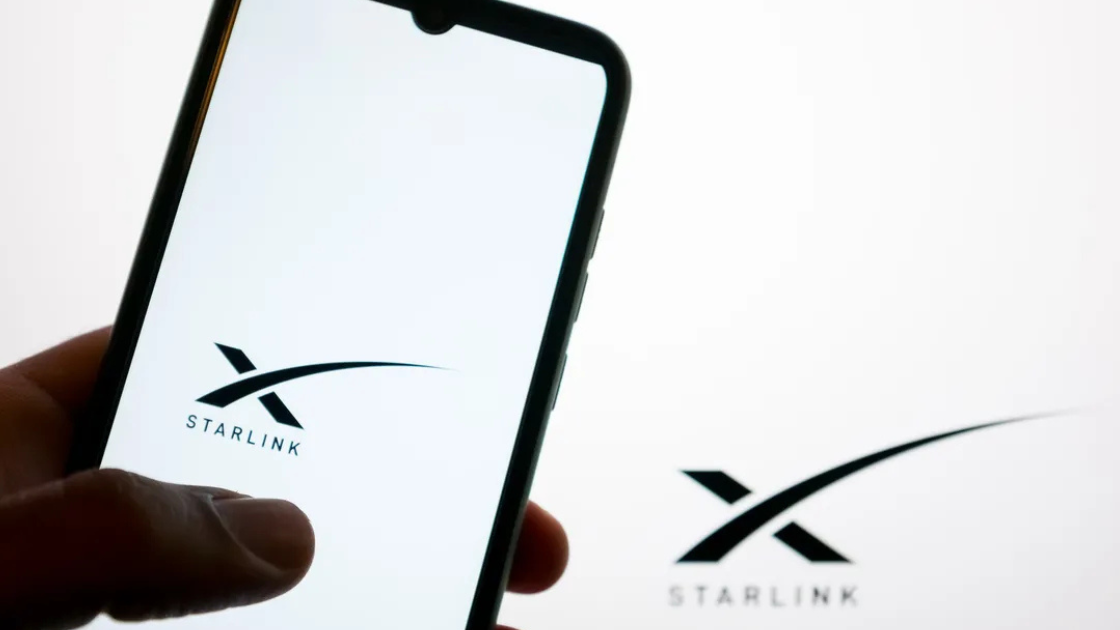
The Federal Communications Commission (FCC) has approved SpaceX’s Starlink satellites to provide T-Mobile customers with direct-to-phone service, marking the first collaboration between a satellite operator and wireless carrier for supplemental cell coverage from space. This move is seen as a step toward improving connectivity, especially in remote areas, with potential benefits for 911 access and technological innovation. The partnership, announced in 2022, aims to eliminate cellular dead zones across the U.S. and follows SpaceX’s temporary clearance in October to support areas affected by Hurricane Helene. However, the FCC has yet to decide on issues like increased satellite power for features such as voice and video calls, with concerns from competitors AT&T and Verizon about interference. The service’s full rollout, including voice and data, is expected by 2025.
Porsche Delays Full EV Shift, Focuses on Combustion Engines Amid Slowdown
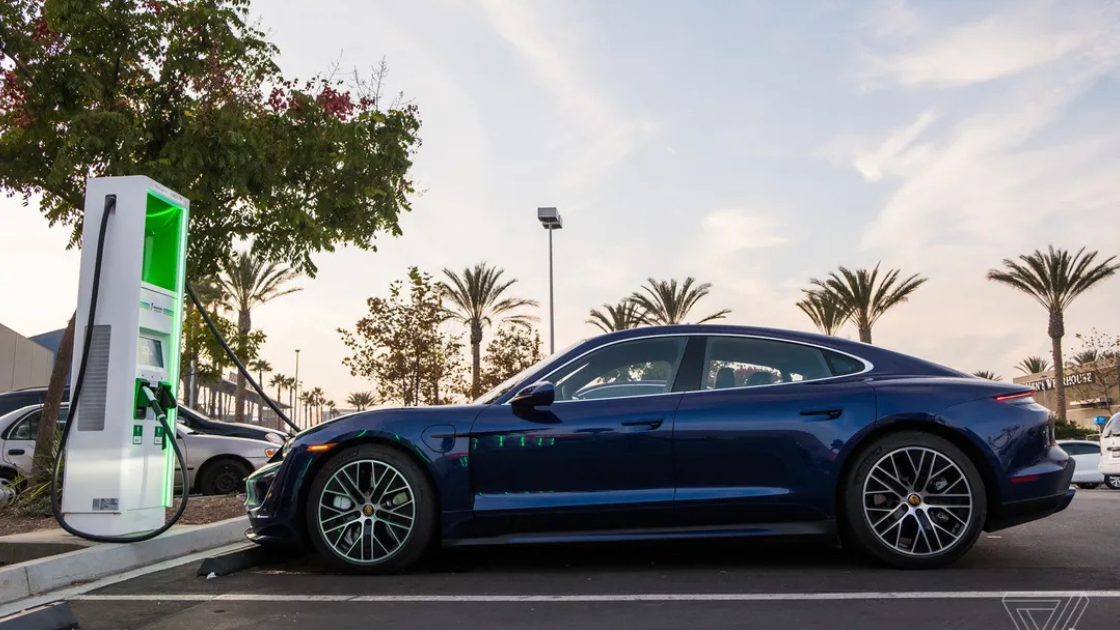
Porsche is putting the brakes on its full transition to electric vehicles (EVs) due to slower-than-expected sales, especially in the U.S. and China. The automaker’s CFO, Lutz Meschke, confirmed that Porsche will continue producing internal combustion engine models for the foreseeable future, noting a strong preference for gas-powered engines in the luxury segment. While Porsche had planned to expand its EV lineup, including the Cayenne and 718, Meschke revealed the company is now considering hybrid or combustion versions for these models. Porsche had previously set a goal to have 80% of its sales come from electric vehicles by 2030 but is adjusting its strategy in response to market realities.
Spotify Integrates with Google Gemini for AI Music Search
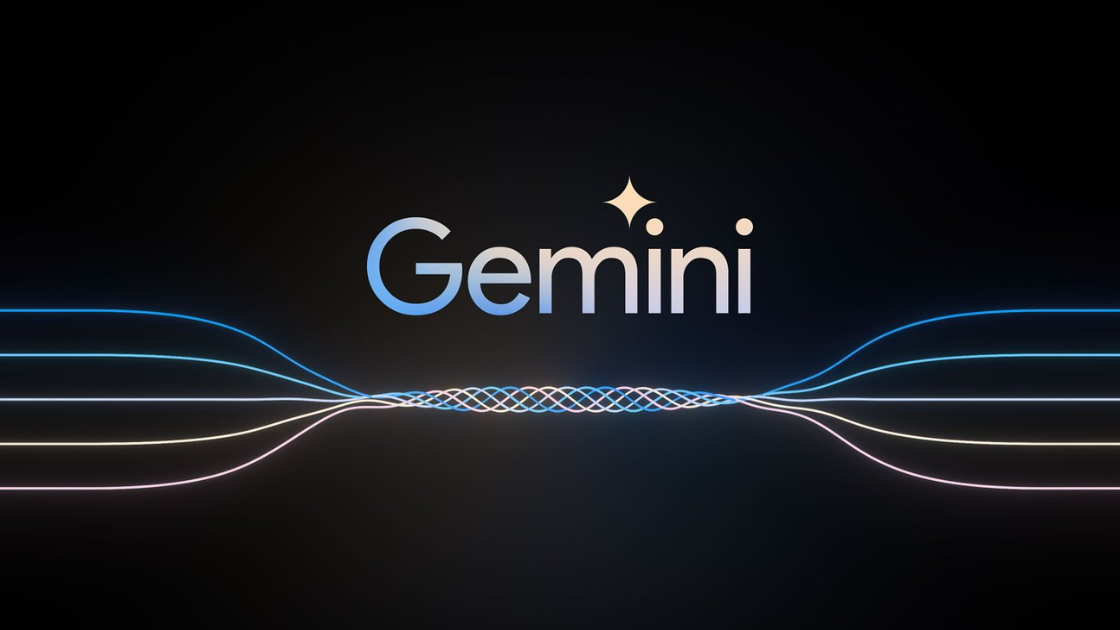
Spotify now supports Google’s Gemini Extensions, allowing users to search and play music using natural language through the generative AI assistant. Rolling out to compatible Android devices, Gemini can play songs, albums, artists, playlists, or music for specific activities, though it cannot yet create playlists or radio stations. Users must link their Spotify and Google accounts, enable Gemini Apps Activity, and specify Spotify if another music service is linked. Currently, the feature only works in English and is unavailable on Google Messages, Gemini’s web app, or iOS. Spotify follows WhatsApp as the second non-Google app to integrate Gemini.
Mercedes-Benz Brings Vehicle Control to Apple Watch
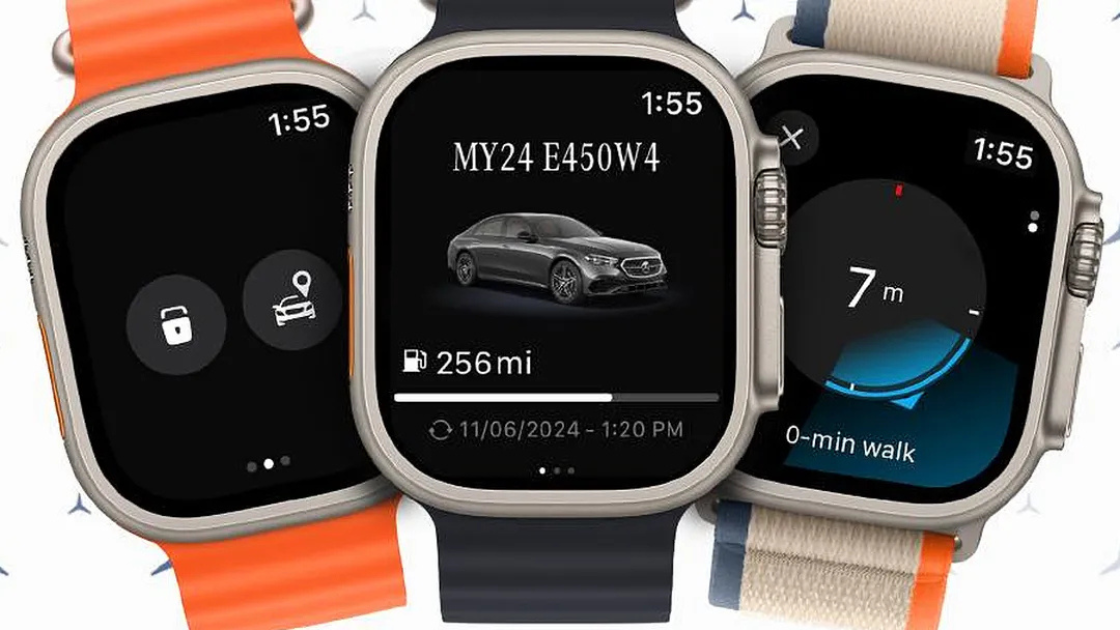
Mercedes-Benz has launched an Apple Watch app. The app allows users to control and monitor their vehicles directly from their wrists. The app is compatible with watchOS 9 or later. Linked to the Mercedes-Benz mobile app on an iPhone, the app lets owners check fuel or charge levels. In addition, the app lets users lock and unlock doors and locate their parked vehicle with navigation or a virtual compass. The features vary by model and equipment and are available for 2019 or newer Mercedes-Benz vehicles. The company joins other automakers like Honda, Ford, and Volvo in offering watchOS support.
Sony Developing New Handheld Console for PS5 Games
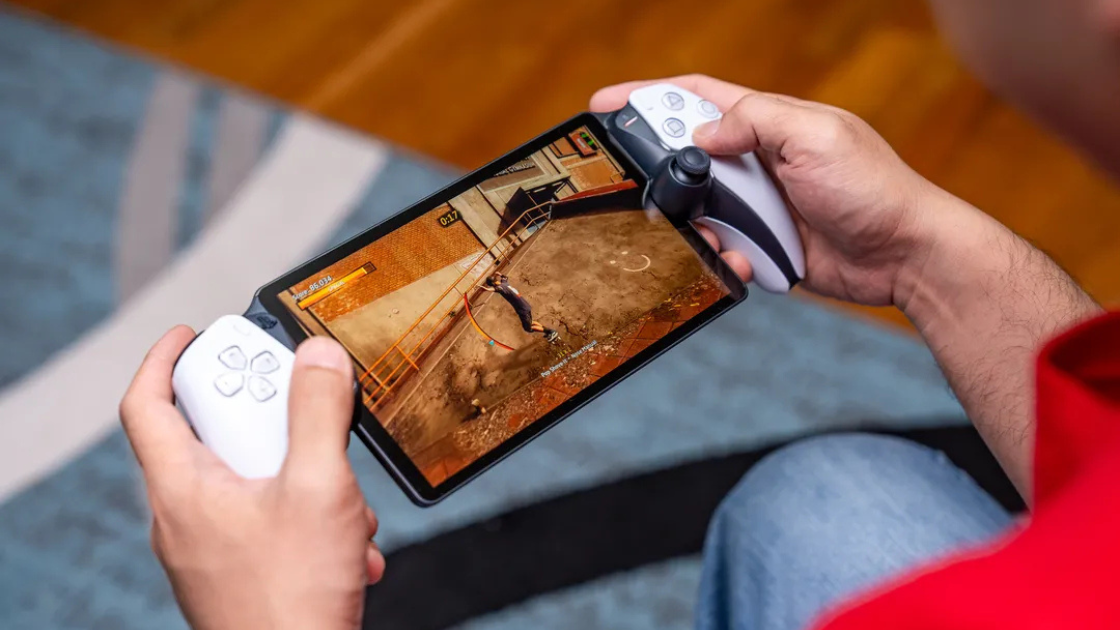
Sony is reportedly working on a new handheld gaming console that will let users play PlayStation 5 games natively. Of course, Sony is aiming to compete with Nintendo and Microsoft in the portable gaming market. Still in early development, the device would expand on Sony’s existing PlayStation Portal. Likewise, it would stream PS5 games via Wi-Fi. Unlike its predecessor, the new console would allow offline play, making Sony’s games more accessible. This move comes as Nintendo prepares a successor to the Switch, and Microsoft explores its own handheld prototype. In addition, competition in the category grows with devices like Valve’s Steam Deck and Asus’s ROG Ally.
